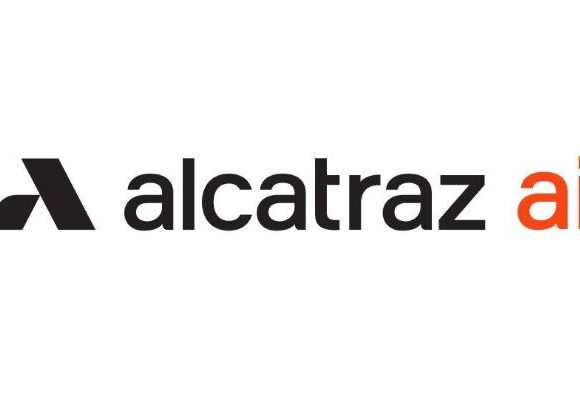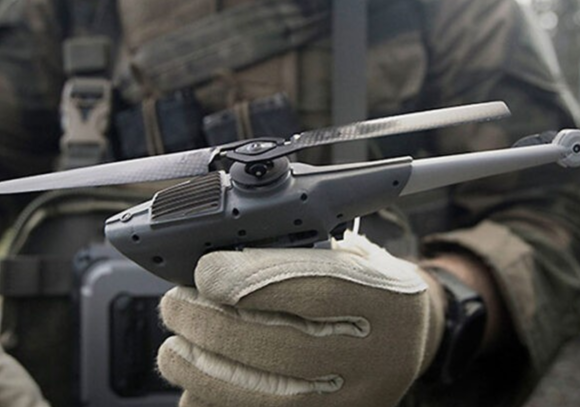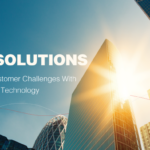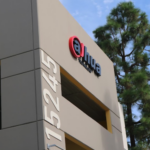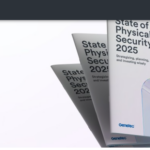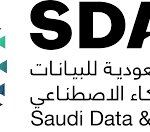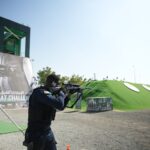Cultural Considerations and Local Commitment is Way Bosch Thrives in Diverse Fire Safety Markets
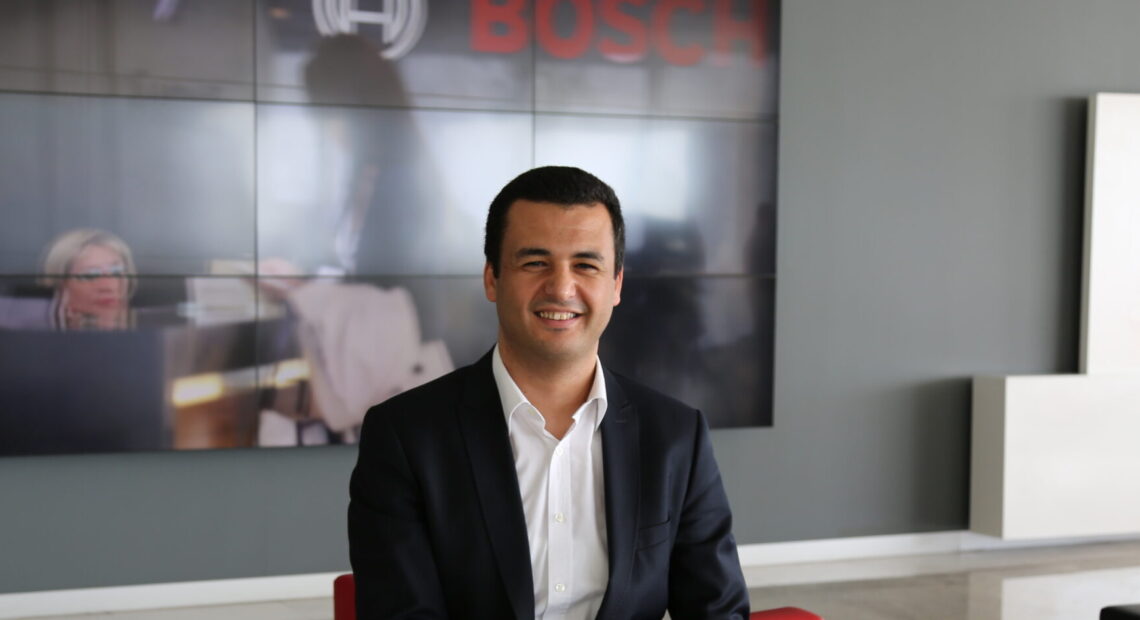
In an exclusive interview with a&s Middle East Bosch’s Onur Sönmez discusses the dynamic fire safety landscape across Turkey, the Middle East, and Africa, shedding light on the company’s thriving strategy anchored in responding to localized insights and market sensibilities.
a&s Middle East: Can you provide an overview of the current market landscape for fire systems in Turkey, the Middle East, and Africa?
Sönmez: The fire systems market in Turkey, the Middle East, and Africa has been experiencing growth due to factors of urbanization, industrialization, and increased construction activities. Also, what we can see in the market is the growing awareness of fire safety regulations that have contributed to the demand for fire protection systems across residential, commercial, industrial, and infrastructure projects.
Fire safety regulations and standards vary across different countries and regions within Turkey, the Middle East, and Africa. Businesses and construction projects are required to comply with local and international fire safety standards, which has led to a consistent demand for reliable and effective fire protection systems.
The market serves a diverse range of verticals, including commercial and residential real estate, oil and gas, hospitality, manufacturing, healthcare, and transportation. Each of these sectors requires tailored fire protection solutions to meet their specific needs and comply with regulations. As construction projects continue to rise, the need for advanced fire systems that integrate with building automation and monitoring systems has also grown.
While the market presents growth opportunities, it also comes with challenges such as navigating diverse regulatory frameworks, addressing local market preferences and cultural factors, and ensuring reliable after-sales service and maintenance.
As a global fire alarm system manufacturer, we are focusing on building relationships with key stakeholders, including architects, consultants, contractors, and facility managers. Offering comprehensive solutions that not only meet regulations but also enhance overall safety and operational efficiency will be a key differentiator.
Fire safety regulations and standards vary across different countries and regions within Turkey, the Middle East, and Africa
a&s Middle East: What are the key factors driving the demand for fire systems in these regions?
Sönmez: We believe that rapid urbanization and infrastructure development have been major drivers for the demand for fire systems. As cities expanded and new buildings were constructed, there was an increased need to implement effective fire alarm systems to ensure the safety of people and valuable assets.
Additionally, the implementation of fire safety regulations and building codes in many countries across the region has significantly contributed to the demand for fire systems.
Also, trade shows, conferences, and exhibitions focused on fire safety have contributed to raising awareness about the latest technologies and solutions available in the market. These events have encouraged industry stakeholders to explore and adopt advanced fire systems.
a&s Middle East: Which local markets are showing growth potential in the Middle East region? If you can single out some of these, what distinguishes them from the rest of the bunch?
Sönmez: All Middle Eastern countries have their own dynamic and potential compared to each other. So, we are aiming to be localized in all major countries.
The UAE, particularly Dubai and Abu Dhabi, has been a hub for real estate development and tourism. The construction of iconic skyscrapers, luxury hotels, shopping malls, and other commercial complexes has driven the demand for advanced fire systems. The UAE’s commitment to hosting international events and ensuring top-tier infrastructure has created a strong emphasis on fire safety regulations, making it a prominent market for fire protection solutions.
Saudi Arabia has been investing heavily in various sectors, including hospitality, infrastructure, and industrial projects. The Vision 2030 initiative aims to diversify the economy and promote tourism, leading to significant construction activities. The industrial sector also demands robust fire alarm systems due to the presence of oil and gas facilities and petrochemical plants.
Kuwait’s commitment to modernizing its infrastructure and diversifying its economy has led to growth in the construction sector. The demand for fire systems is particularly notable in commercial, residential, and industrial projects and Infrastructure development plans. Also, efforts to diversify the economy include the emphasis on fire safety in construction projects which are key growth factors for the country.
It’s important to recognize that each of these markets has its own unique growth drivers, regulatory environments, and industry focuses.
The construction of iconic skyscrapers, luxury hotels, shopping malls, and other commercial complexes has driven the demand for advanced fire systems in the UAE
 a&s Middle East: You are in charge of a huge and diverse market. How does your sales and marketing strategy cater specifically to the unique needs and preferences of each local market?
a&s Middle East: You are in charge of a huge and diverse market. How does your sales and marketing strategy cater specifically to the unique needs and preferences of each local market?
Sönmez: As we discussed in the previous questions, every country has its own regulations and dynamics in the region. For penetration into the market, we strongly believe in localization. For this purpose, we establish local system integrators in the local market that can cover the local market requirements. Together with my team, we are supporting our local SIs to be agile in the local market. We are also conducting commercial training and organizing local events to spread Bosch Fire alarm USPs in the market.
a&s Middle East: What are the major challenges you face in promoting and selling fire systems in this region and how do you overcome them?
Sönmez: Promoting and selling fire systems in the Turkey, Middle East, and Africa region can be both rewarding and challenging due to the diverse nature of the markets, regulatory variations, and cultural differences. These challenges include diverse regulatory environments, cultural considerations, price sensitivity, competition from local players, economic and political instability, language and communication barriers, and reliability and after-sales support.
To overcome these challenges, we are collaborating closely with local partners, consultants, and experts who have a deep understanding of the local regulatory landscape.
We strongly believe in the total cost of ownership, including maintenance and potential losses due to inadequate fire alarm systems. We are highlighting the advantages of our products, such as advanced technology, global standards compliance, and extensive support networks. We offer training and after-sales services to showcase our commitment to customer satisfaction to overcome competition against local players.
We are collaborating closely with local partners, consultants, and experts who have a deep understanding of the local regulatory landscape
a&s Middle East: Have you had any recent successful sales and marketing campaigns or initiatives that have helped expand your market presence? How do you plan on securing an even greater share of the market pie?
Sönmez: We implement a large number of sales and marketing campaigns locally and globally. These, among others, include product info webinars, webinars for fire alarm system solutions for key verticals,online commercial and technical training, and sales campaigns for specific product groups. Also, we are participating in the local key events and exhibitions to show our key products to the market as well as come together with the stakeholders and decision-makers in the projects.
Our Solutions Defy the Language Barrier
We are investing time in building relationships through networking events, trade shows, and business meetings to adapt our communication style and marketing materials to resonate with the local culture. We are also providing our product datasheets, installation manuals, and operation manuals in various languages. Additionally, providing marketing materials and customer support in a local language is helping us to overcome the language barrier.


